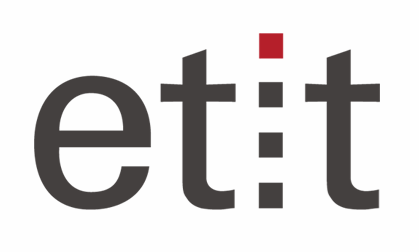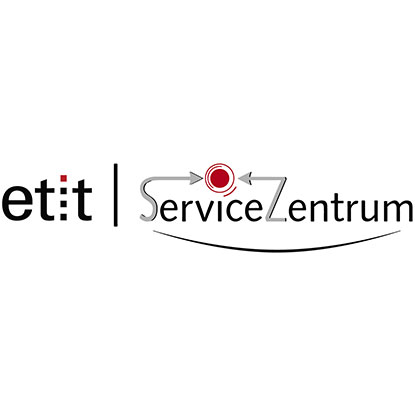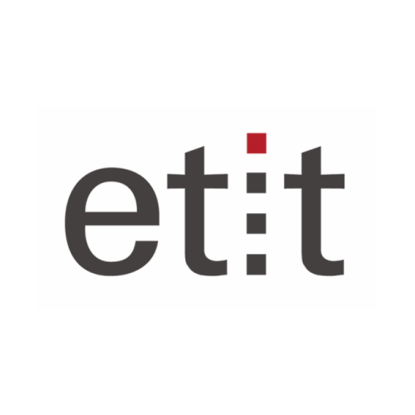AI instead of chemistry
Start-up ViSPAGI turns cancer diagnostics on its head
2024/10/28 by Heike Jüngst / sas
Cancer is one of the most frightening diagnoses for many people. According to statistics from the Robert Koch Institute (RKI), around half of the German population will develop the disease in the course of their lives. There are around 500,000 new cases in Germany every year. But there is hope: more than half of those affected survive, thanks in part to improved diagnostics. Young etit scientists are revolutionising cancer diagnosis with their start-up ViSPAGI.
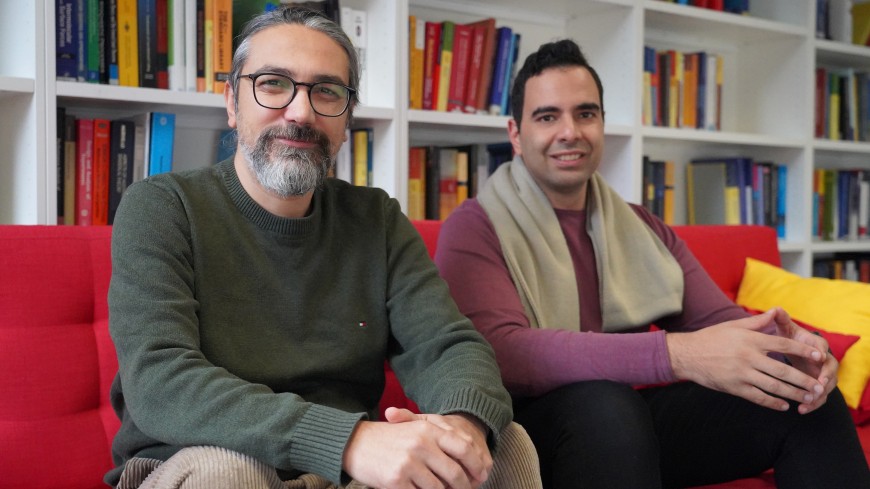
The start-up ViSPAGI, founded by etit junior scientists Dr Özdemir Cetin and Ahmed Elshamanhory from the Self-Organising Systems Lab, is revolutionising cancer diagnosis with AI technology. ViSPAGI enables precise diagnoses within minutes instead of weeks. This dramatically reduces psychologically stressful waiting times for results and enables earlier and more effective treatments. Supported by TU Darmstadt and Frankfurt University Hospital, the company has demonstrated its potential in a pilot study and is about to be launched on the market. The aim: faster, more precise results and better chances of recovery for patients. In this interview, the two founders talk about their project.
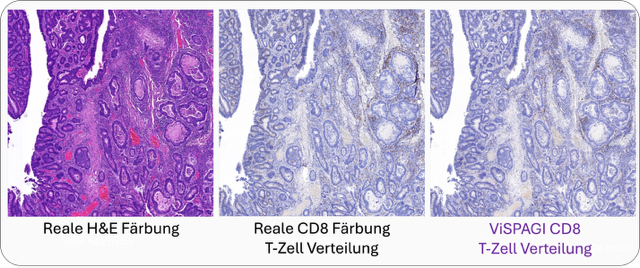
Always up-to-date with exciting news from the etit campus: Follow us on Instagram!
Recommended external content
We have selected external content from Instagram for you and would like to show it to you right here. To do this, you must reveal it with one click. You can hide the external content at any time with another click.
I agree to external content from X being shown to me. This may result in personal data being transmitted to third-party platforms. You can find more information in our Privacy Policy.
